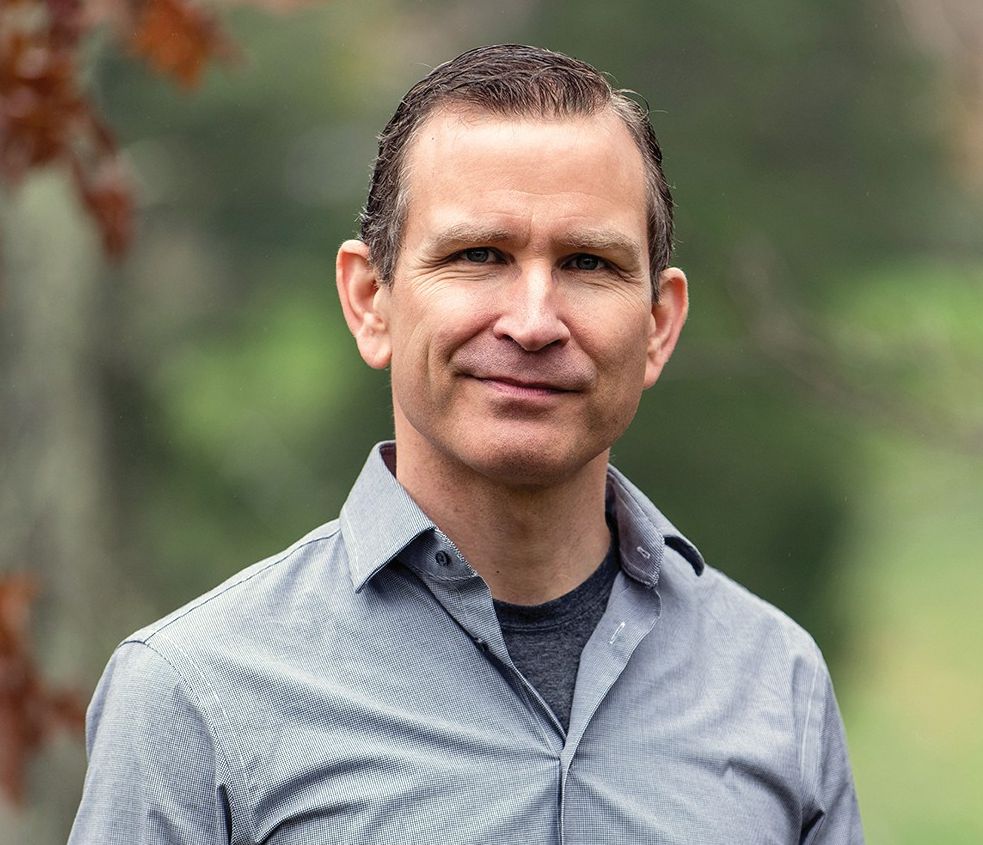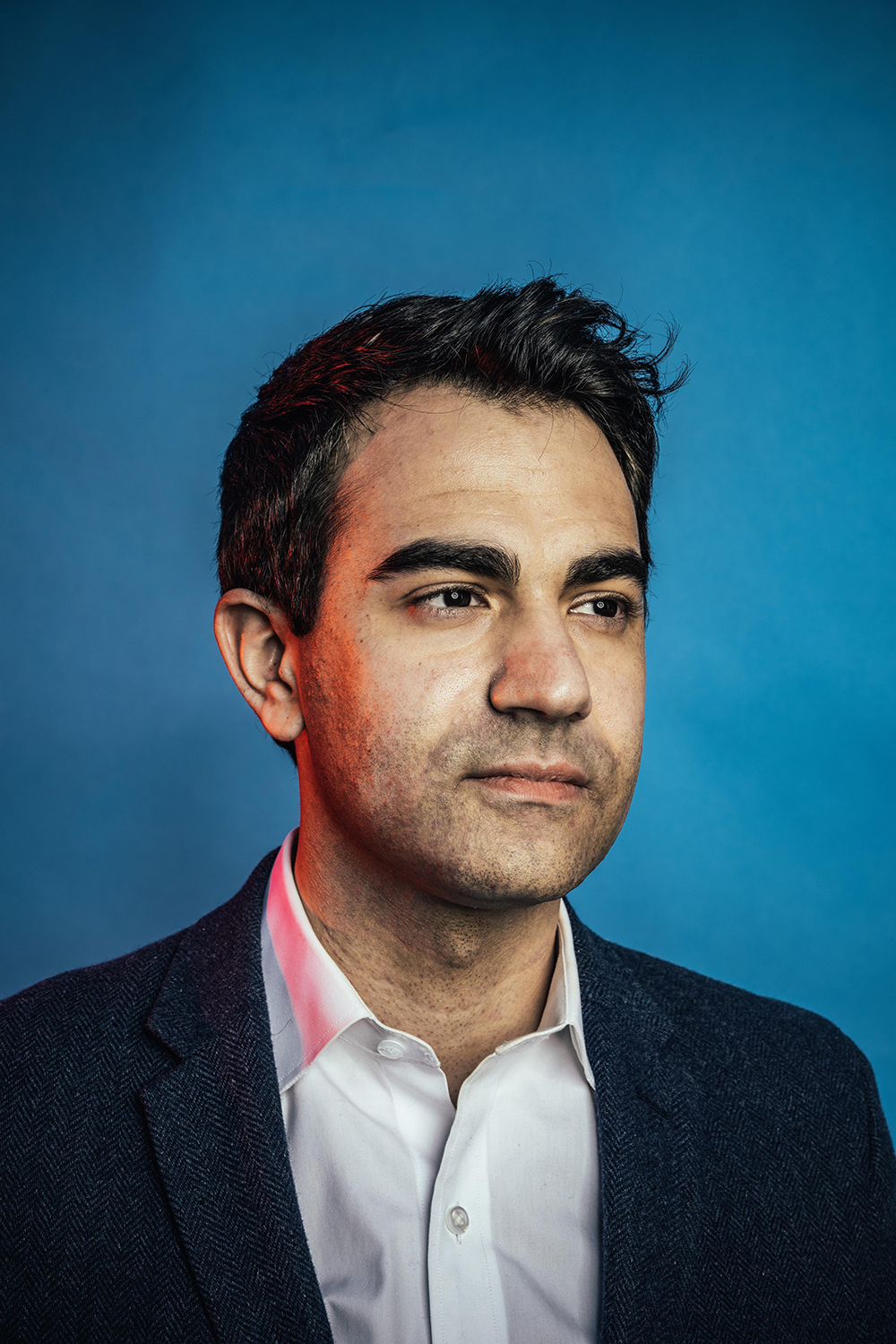The Paveway bomb, invented by Texas Instruments in the 1970s, was the first truly precise munition. It revolutionized America’s air campaign in Vietnam and allowed whole new kinds of “limited” U.S. wars in Libya, Iraq, Serbia, and beyond.
Jon Bateman, Jeffrey E. Stern









